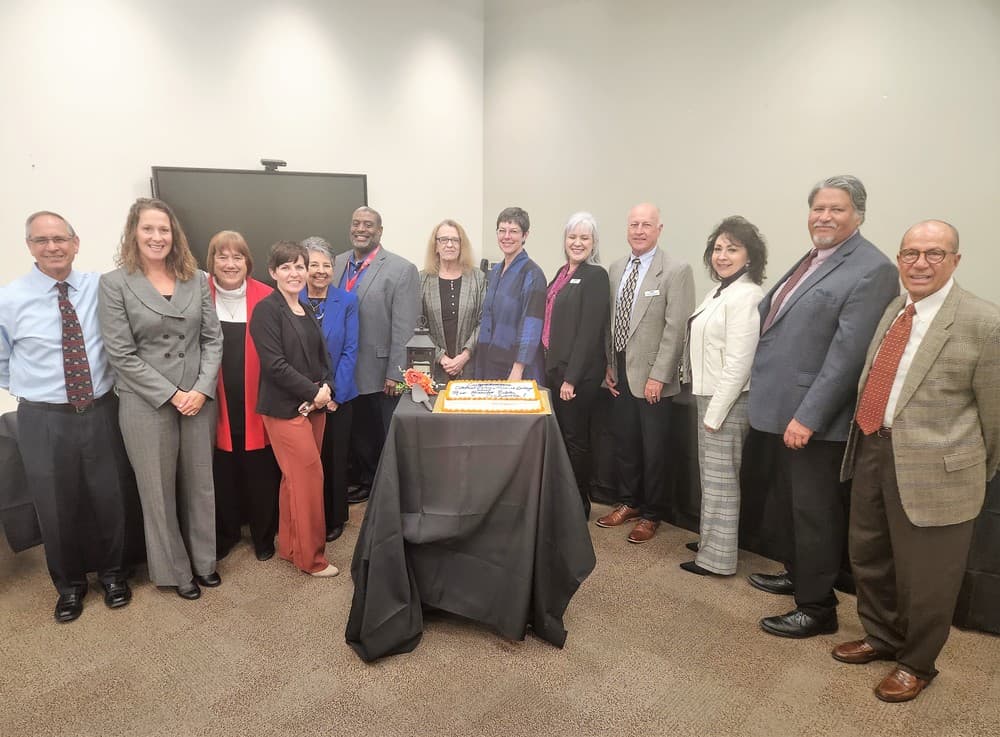Sandoval County Extension Announces Winter Gardening and Composting Programs
The Sandoval County Cooperative Extension at New Mexico State University posted a notice on Nov. 6, 2025 announcing a series of educational programs for November and December focused on gardening, composting and home food production. The classes are designed to help residents prepare winter gardens, learn safe composting techniques and access extension resources that support sustainable home food production and community resilience.
Listen to Article
Click play to generate audio

The Sandoval County Cooperative Extension at New Mexico State University unveiled a set of community education offerings on Nov. 6, 2025 aimed at helping residents plan and sustain home food production through the colder months. Sessions scheduled for November and December will cover winter garden preparation, safe and effective composting methods, and ways to make home food production more sustainable using extension resources.
The programs are intended to provide practical skills for household food production, reducing barriers to fresh produce during months when grocery supplies and prices can fluctuate. By teaching residents how to plan winter plantings and manage organic waste through composting, the Extension seeks to strengthen local food security and foster household self reliance. Composting instruction emphasizes safety and effectiveness to reduce risks associated with improper composting such as odors, pests or contamination of food crops.
Local public health implications are significant. Access to fresh fruits and vegetables supports better nutrition, which in turn helps prevent chronic diseases that disproportionately affect low income and underserved communities. Community based education that increases local food supplies can reduce household grocery expenses, improve dietary variety, and contribute to long term health outcomes. When thrown away, food and yard waste contribute to landfill volumes and greenhouse gas emissions, so expanding safe composting also aligns with broader environmental health goals.
The Extension programs also have a social equity dimension. Extension services have historically provided low cost or no cost resources that reach a diverse cross section of residents, including urban homeowners, small scale gardeners, renters with container gardens and families seeking to stretch food budgets. By making sustainable gardening and composting guidance accessible, the county program can help reduce disparities in access to fresh produce and gardening know how.
Beyond personal gardens, the initiatives can strengthen community resilience. Neighborhoods that adopt household food production and composting practices can build local networks, share surplus produce and reduce strain on emergency food systems during supply disruptions. The educational series also directs residents to additional extension resources that can support ongoing learning and community projects.
Residents interested in participating are encouraged to contact the Sandoval County Cooperative Extension for schedules, locations and enrollment information. As climate variability and economic pressures continue to shape local food access, programs like these offer practical tools for health, sustainability and community stability.


